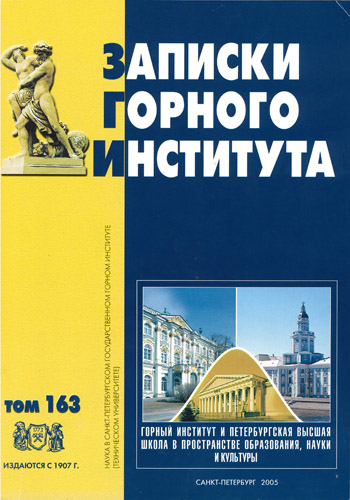From the history of education in the new times: philosophy in the universities of the Jesuit order
- St. Petersburg State University
Abstract
The history of New Age education opens with the reform of the medieval school by the Society of Jesus (Societatis Jesu, 1534). The instrument providing this reform was the Plan of Instruction, the Ratio Studiorum of 1599. The educational activity of the Jesuits was based on several principles, such as universality of the educational system; continuity of secondary and higher educational classes; efficiency of functioning of schools and universities; unity of education and upbringing. The article considers the content of education in Jesuit universities, analyzes the place and role of philosophy as an academic subject. Philosophy was taught in Jesuit universities for three years and included such subjects as logic, ethics, physics, mathematics and metaphysics. The educational course was based on the philosophy of Aristotle and the theology of St. Thomas Aquinas. Jesuit professors at the University of Coimbra (Emmanuel de Goes, Cosmas de Magelhaes, Balthazar Álvarez and Sebastián de Couto) compiled a systematic course of philosophy (Cursus Conimbricences) between 1592 and 1606. This course included 8 volumes of treatises in which Conimbricences summarized and gave verbatim commentary on Aristotle's major texts. Used particularly, but by no means exclusively, in Jesuit colleges, these commentaries were widely influential throughout the 17th century and had a significant impact on the development of philosophy in Modern times.
